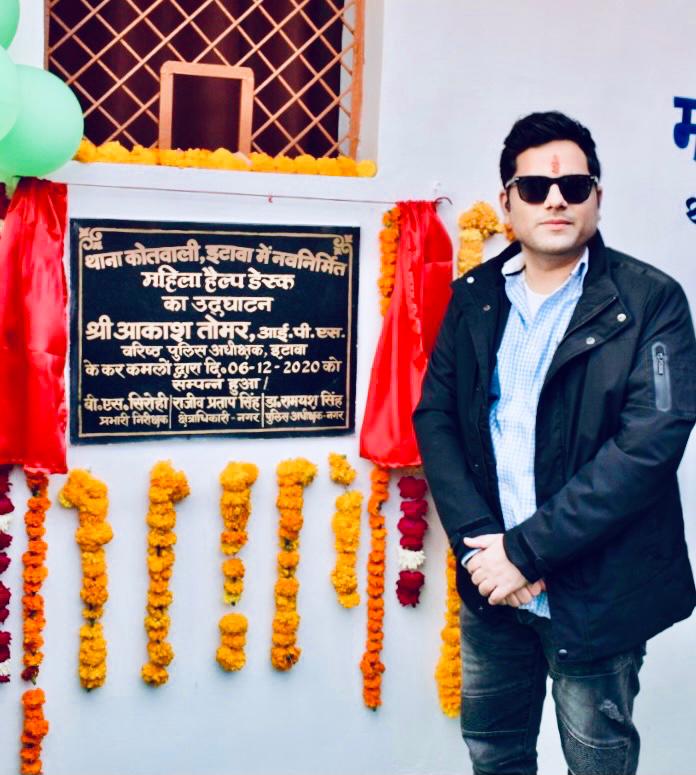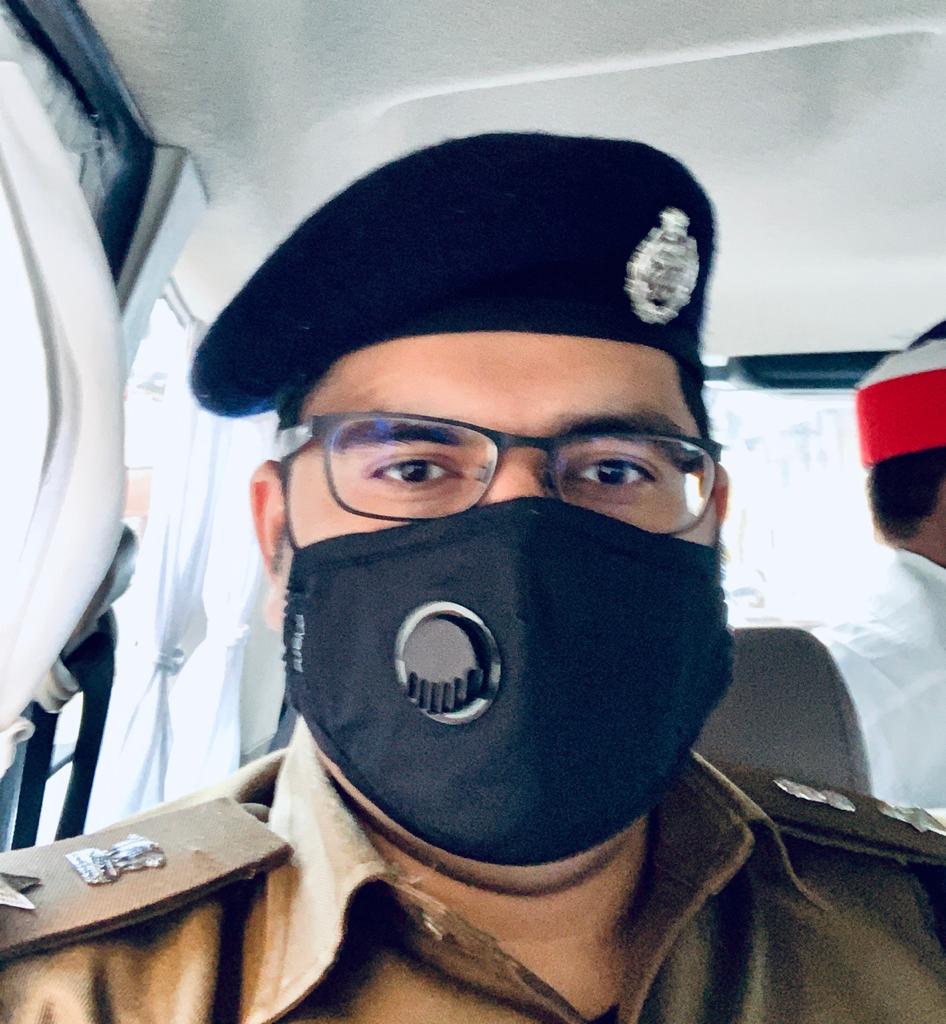Having secured an All India Rank of 138 in the UPSC Civil Service Examination (CSE) of 2012, IPS officer Akash Tomar shares his strategies with aspirants that worked for him while preparing for the examination. Having spent close to eight months in active preparation, Akash’s tips are practical and those that aspirants can consider following.
Currently posted as the Senior Superintendent of Police (SSP) of Etawah in Uttar Pradesh, Akash cleared the CSE in his first attempt. He shares that being a part of the services was a dream that his father nurtured but wasn’t able to fulfil. Therefore, in cracking the examination and subsequently receiving his posting, Akash feels a sense of pride.
Make newspaper reading a part of your habit
A majority of the aspirants that The Better India has spoken to emphasise the importance to reading the daily newspaper. Akash does the same. He says, “I would ensure that a significant part of my day was spent in reading at least two newspapers — The Hindu and Indian Express. It is important to spend quality time reading the newspapers and also using the information you gather for notes in the various subjects and topics you cover during your preparation.”
Create a web around each question
IPS Akash says that while studying one topic it is important to cover it extensively. “Learn to create a web of questions that could potentially arise from that one topic. This will help not just in preparation for the mains and essay but also when you reach the interview stage,” says Akash.
Stick to one good book per subject

“It is advisable to read one book several times over rather than investing in many books and not being able to do justice to the content in them,” says Akash. As the date of the examination draws closer, it is better to go through one good book per subject and refresh its content using the notes that you have made from the book. He adds, “Refrain from picking up any new book or material very close to the examination.”
Use abbreviations to your advantage
Akash says, “While making notes I did rely on using abbreviations to remember important points. There are sometimes common sentences of groups of words that keep coming up. Abbreviations help to remember these.” He also mentions here that these abbreviations that one makes need not make any logical sense and can be such that it only helps the individual aspirant. “What this does is help during the revision period,” says Akash.
Be confident of the optional paper
Sometimes aspirants get swayed by peer pressure or other external factors while deciding on their optional paper. Akash says, “It is important that aspirants choose their optional paper based on their level of comfort and their knowledge base. Do not choose subjects that are in vogue. Choosing a subject you have an interest in will help in studying it better and retaining the points well.” Choosing an optional paper is a tough decision to make, so make sure you take your time before making that decision.
Cut the clutter

A few months before the examination Akash tells me how he cut himself off from various social media platforms and even invested in a simple mobile phone which had only a few phone numbers keyed in. “I did not want to invest my time and energy in anything that could be potentially distracting,” he says.
Use various tools to recollect
Having used the visualisation technique to recollect things that have been studied, Akash says, “Especially in subjects like geography, which have a lot of maps to read and remember, using the visualisation technique helps,” he says. In almost any kind of question, being able to visualise the problem helps in arriving at the solution.
To access the notes made by Akash, click here.
(Edited by Yoshita Rao)
No comments:
Post a Comment